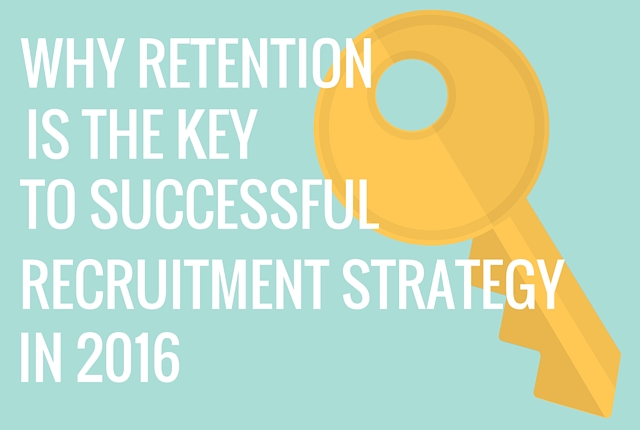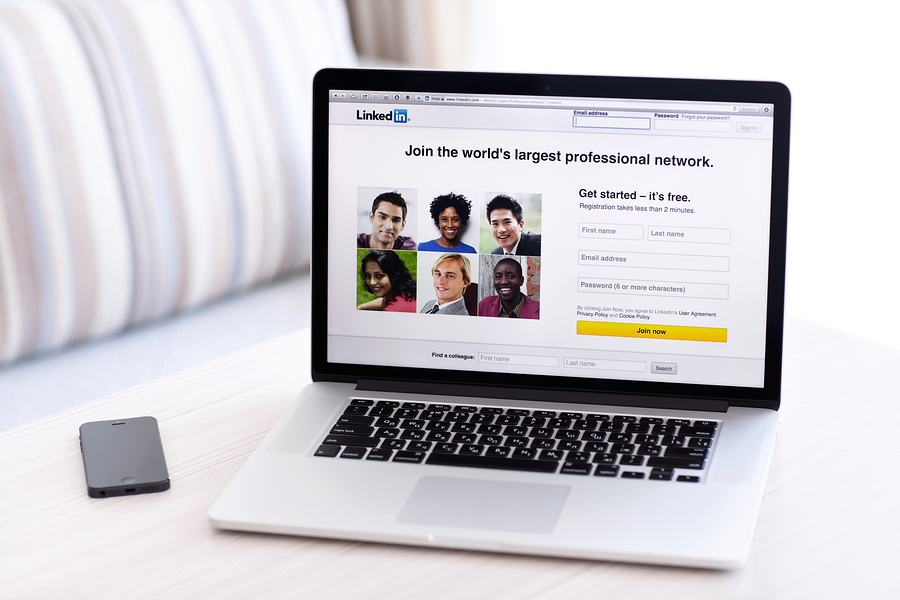Increasingly when I undertake disciplinary training with managers the question of social media often arises. Among the questions I am asked are: ‘what can we do about Facebook posts?’, and ‘can we stop employees saying what they like on Twitter?’ This last one is a difficult question as it’s a combination of yes and no which does frustrate managers who will have different views themselves on what they consider acceptable.
I also receive ‘screen shots’ of employee Facebook pages as ‘evidence’ from managers in disciplinary cases – usually along the lines of ‘they told us they were unwell’ but see the picture of them sunbathing. Aside from wondering why employees don’t set their Facebook setting to private it continues to make me think about the effect of social media on the world of HR and how employment law can feel like the wall in the middle.
A changing world
There is no question that social media has transformed our world, particularly those of a younger generation who know no other world and cannot comprehend one either. For HR people it can at times feel like a double edged sword. How can we ensure we utilize it for the benefit of the business without being seen as a rather old fashioned aunty wagging our finger at employees for saying something ‘inappropriate’?
We are told that HR people are frequently ‘Googling’ prospective candidates and combing social sites for ‘evidence’ to support whether or not they (the candidate) would make a good employee. One manager told me recently how during a stag do made up of a number of friends of friends he was asked to sign a contract before the start to confirm that none of them would ‘tag’ photos of each other on Facebook. I guess the saying ‘what happens on a stag do stays on a stag do’ is difficult in the world of Instagram, Facebook and Twitter and again brings home the real effect of social media on the world of work – or are we all becoming just a bit too paranoid?
Freedom now
On this basis I do have sympathy for employees – this is a new era with new rules and can at times feel like walking a tightrope – though of course it doesn’t have to be like that.
When faced with criticism employees will generally argue about their freedom of speech and again there is some truth in this, with some companies imposing far too restrictive a social media policy upon their employees. If as a company we are too prescriptive about what employees can or cannot say, we will end up with bland social media with corporate message after corporate message or at the other end, rebellious comments continually trying to push the boundaries – meeting in the middle being nothing of merit for anyone.
Personality knocks
Personally, if I wouldn’t be willing to say something face to face to someone, then I shouldn’t be using social media to do it. If you haven’t got anything nice to say then don’t say it at all isn’t such a bad cliché either. Social media should include our personality (if we want to share this) but it shouldn’t mean we remove our moral compass and forget how to talk to people in a constructive, fun way without being unnecessarily offensive. Most employees, if treated like adults, will become natural cheerleaders for the company, providing personality that works well with the company corporate image.
What can you do?
So what can HR do to support social media within the company? Firstly it must accept its existence. Whether companies ‘allow’ social media in the workplace or not, with phones and tablets at the fingertips of almost every employee they will have continual access regardless. It’s important to understand what your employees are using and optimize the benefits. Social media can be a fantastic aid for communication – it’s fast, up-to-date and easily available – as such, a fantastic opportunity for HR to get messages out.
It’s important also to consider the company culture – social media should reflect this and not be at odds with each other. Social media policies, as a result, can be useful tools for employers and employees. Not to provide a list of dos and don’ts, but rather to set out your company’s aims for social media – internally and externally and how this can be achieved. Employees must also understand the boundaries and policies can enable employees to adhere to them without losing the benefit of social media by being too afraid to type anything.
The future
Social media is certainly here to stay and, for companies dealing with a number of generations with different views and experiences, will continue to provide challenges as well as great benefits. We can’t stop it and we shouldn’t try to but we do need to harness its potential and make it work for our own company and our employees too.
For me (someone of the older generation) social media is an essential tool for my work and personal life and a real asset for HR. Facebook enables me to keep up to date with friends, I enjoy Twitter for work information and thoughts from my peers and Yammer and Skype as I work from home. It’s a fantastic way to still feel part of my company and to be kept-up-date.
I can’t say I wish such things were available when I was younger or that I wish my 20s were recorded for prosperity across the internet – so for the new generations I do appreciate their world is very different and they face their own challenges as a result. For my part as a HR professional I can say that I have never looked on Facebook to view prospective candidate’s holiday photos and can say I never would – some things are best not known!
But the reality is what we do is now recorded and can be used in ways we might object to – this won’t change so we all need to be mindful and keep those settings private and not share if we don’t wish the world to potentially know – else run the risk!
How does your HR department handle social media? Share in the comments!
IMAGE: Courtesy of Flickr by Jason A. Howie
 About the Author: Heidi Thompson is a HR Consultant at Workplace Law. With excellent employment law knowledge, she is charged with advising senior and junior managers on all areas of HR and legal issues. She also tutors on CIPD accredited employment law study courses. Connect with her on Twitter and LinkedIn.
About the Author: Heidi Thompson is a HR Consultant at Workplace Law. With excellent employment law knowledge, she is charged with advising senior and junior managers on all areas of HR and legal issues. She also tutors on CIPD accredited employment law study courses. Connect with her on Twitter and LinkedIn.






